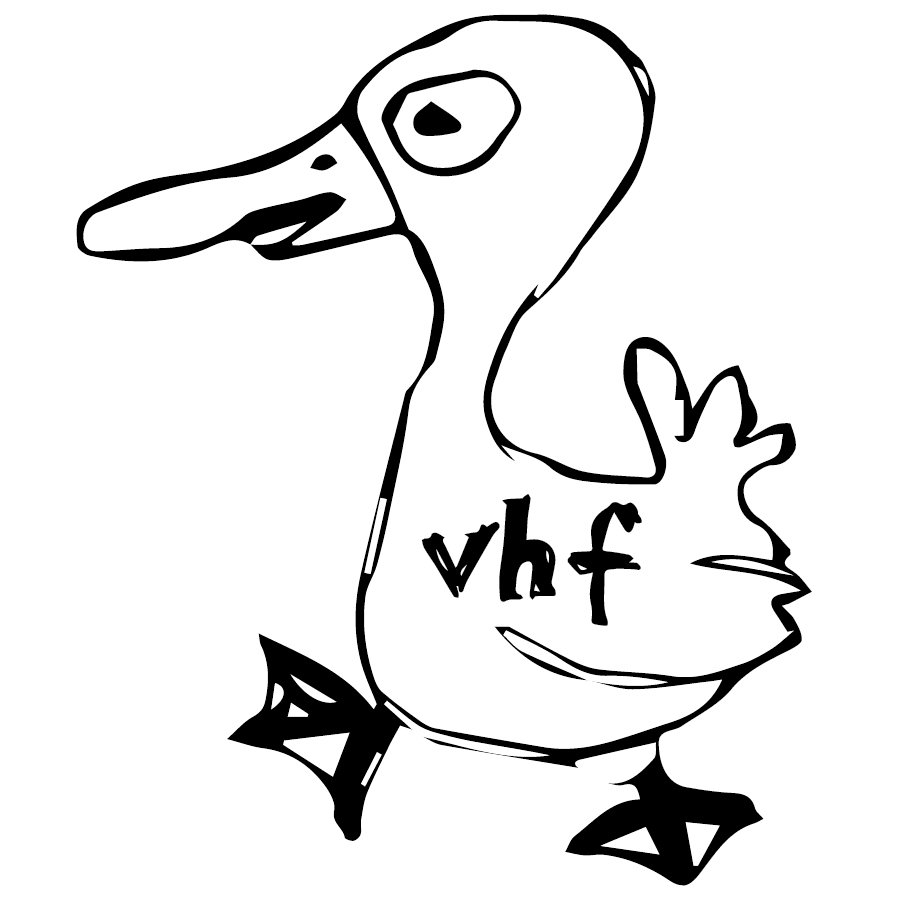Daniel O'Sullivan Electric Māyā: Dream Flotsam and Astral Hinterlands LP
Daniel O'Sullivan Electric Māyā: Dream Flotsam and Astral Hinterlands LP
AVAILABLE NOW!!!!!
First in a series of 3 LPs of Library Music miniatures from composer and multi-instrumentalist Daniel O’Sullivan (Æthenor, Ulver, This is Not This Heat, etc). Electric Māyā includes 18 gems, beautifully arranged and recorded specifically for the challenge of the short form.
First in a series of 3 LPs of Library Music miniatures from composer and multi-instrumentalist Daniel O’Sullivan (Æthenor, Ulver, This is Not This Heat, etc). For heads, the term “Library Music” in 2020 might evoke dodgy Italian gray market LPs and crate diggers hunting for “funky breaks” - but London’s venerable KPM Music is working with groundbreakers like Daniel to open up new avenues for composers to experiment. Electric Māyā includes 18 gems, beautifully arranged and recorded specifically for the challenge of the short form. These are fully realized tunes, not just clips from the middle of some jam to be used on late night TV. The obvious touchstones here are Eno’s On Land and Music for Films, but Dan’s touch on multiple instruments and knack for melody extend the music far beyond mere atmospherics. There are plenty of drifty segments, each rendered fully realized - a timely reminder that a well-made drone or bit of ambience can set its spell in 2 or 3 minutes rather than 30. In a beautiful jacket designed by Dan and Turner Prize-nominee Mark Titchner.
“Library music. Akasha. Here you accept that music behaves like a thing to accentuate another thing, seemingly unrelated. A beautiful, shining blankness. Not passive. An opportunity to wade. A brief encounter with an open-ended destiny. As in, you never know who or what it will be partnered with. With library music the emphasis tends to be on functionality and less on sonic self-portraiture. So it compels you to be concise, like what is the function of this work? The distance is liberating. It’s less “What Am I? and more “What Is This?”. It compels you to be brief, each little cell is a world of its own in an assemblage of miniatures all vibrating in their collective identity. Then there is the occult nature of library music which is fetishized by many for its ability to induce time travel, often to send us back to some televisual memory. However, despite its broad-brush strokes, the library can be so profoundly alien, especially when experienced independently of the televisual realm; an unruly chimera of genre mutations, compositional curiosities and the deepest wallpaper you ever laid ears on. Perhaps the observances of library music can help unshackle us from our artistic insecurities and delusions, where one is drawn to the shape of music as a whole instrument unto itself; as a vehicle carrying our intention and consisting of everything we have to give at that moment; so things that are seemingly unrelated are ultimately connected.” – Daniel O’Sullivan





